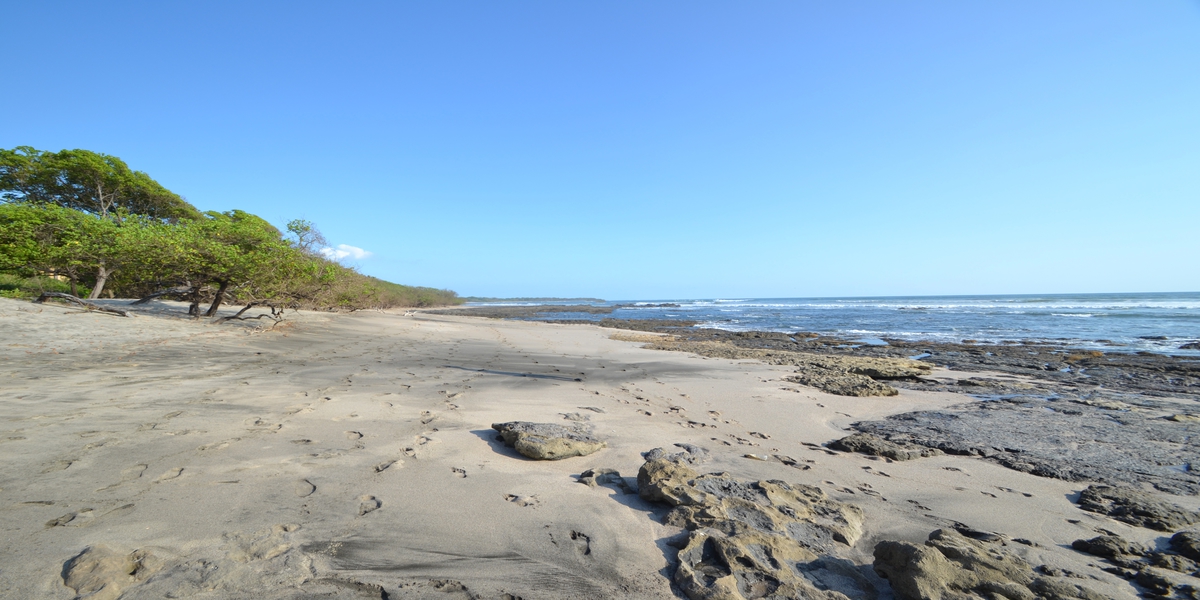
Costa Rica residency status is a desirable possession. Those who obtain it are not legally required to exit the country every 90 days as tourists are. Residents can stay indefinitely as long as they meet the requirements and renew their residency periodically. Legal resident status facilitates many other aspects of daily life in Costa Rica--bank accounts, drivers licenses, health care, large purchases, and legal matters, so anyone considering a long-term stay in Costa Rica should consider applying for it. A new law makes obtaining residency even easier, and it enhances the benefits.
Law 9996 to Attract Foreign Investment
On July 14, 2021, law 9996 went into effect. After signing it, Costa Rican President Carlos Alvarado explained its purpose. “What this law accomplishes is to create the conditions so that foreigners can come to the country, bring their investments, and we can generate employment. It is another step toward recovery.” In the past decade, the percentage of foreign investment has declined from 7.8% to 3.5% of the gross domestic product. The new law is designed to reverse the downward trend. But what does it mean for foreigners who would like to become residents? Investing is just one of the ways to obtain residency. The four most common programs to become a resident of Costa Rica (listed according to their names in Spanish) and the primary requirement for each, are:
- "Inversionista” (investor) - requires a business or real estate investment
- "Pensionado” (retiree) - requires a pension or other retirement income
- “Rentista” (legal resident) - requires savings or guaranteed non-salary income
- “Vinculo” (marriage or family) - marry or be related to a Costa Rican citizen
The new law reduces the investment requirement for “inversionistas”. For years, the minimum investment has been $200,000. The new requirement is only $150,000 putting it within reach of many more. Foreigners can meet the requirement by purchasing commercial or non-commercial real estate. That means that just by buying the house, condo, or property you have always wanted in Costa Rica, you can obtain residency and help the economy. Other investment options include stocks, securities, and projects of national interest, for example, reforestation. The investment can be made in any type of business, including tourism, manufacturing, and transportation. So, if your dream is to open a bed and breakfast, restaurant, or travel company in Costa Rica, it can be the simple road to residency and income.
Incentives for New Residents
Not only does the new law reduce the minimum investment required to apply for residency, it also adds new financial incentives. These benefits are available to “inversionistas” as well as to “pensionados” and “rentistas”: One-time exemption from import taxes for household goods, Exemption from import duties and value added taxes for up to two vehicles (also includes boats and aircraft) for personal and family use, Exemption from income tax in Costa Rica, Reduction of 20% of transfer tax on real estate purchased, Exemption from import taxes on equipment and materials used in the exercise of a profession or scientific activity.
These incentives are worth tens of thousands of dollars! For example, the taxes charged on imported vehicles is typically 52-79% of the Kelly Bluebook value. The import duty on a car that’s worth $20,000 in North America could be $10,000-16,000 depending on its age. Under the new law, “inversionistas”, “pensionados”, and “rentistas” don’t have to pay that tax for one or two vehicles. In addition, the tax exemption on household goods and professional equipment means you can ship your belongings to Costa Rica without worrying about how much you will be taxed on them.
New Law Favors Digital Nomads
 Are you a digital nomad, able to work online and live in any country in the world that has reliable Internet? The Covid-19 pandemic has opened the eyes of many to that possibility. In you can work remotely, you’ll be interested in a recent announcement by the Costa Rican President. He welcomed digital nomads to Costa Rica and signed a new law (22215) which he described as “an incentive for tourism, employment and investment by digital nomads in the various regions of the country”. Fodors added this comment by Minister of Tourism Gustavo Segura: “Currently, approximately 2.5% of Costa Rica’s population are expatriates. Costa Rica has always supported foreigners that take up residence in the country - and so, as remote work becomes more prevalent, we see an opportunity to provide travelers with additional means and infrastructure that will allow them to stay in our country for longer periods of time. Not only will this benefit the traveler who seeks to embrace our Pura Vida lifestyle while going about their workday, but it will aid our economy, which depends on tourism and benefits from a longer redistribution of money.” The Tico Times reports that the new law grants year-long visas to qualifying remote workers, and the visa can be renewed for a second year.
Are you a digital nomad, able to work online and live in any country in the world that has reliable Internet? The Covid-19 pandemic has opened the eyes of many to that possibility. In you can work remotely, you’ll be interested in a recent announcement by the Costa Rican President. He welcomed digital nomads to Costa Rica and signed a new law (22215) which he described as “an incentive for tourism, employment and investment by digital nomads in the various regions of the country”. Fodors added this comment by Minister of Tourism Gustavo Segura: “Currently, approximately 2.5% of Costa Rica’s population are expatriates. Costa Rica has always supported foreigners that take up residence in the country - and so, as remote work becomes more prevalent, we see an opportunity to provide travelers with additional means and infrastructure that will allow them to stay in our country for longer periods of time. Not only will this benefit the traveler who seeks to embrace our Pura Vida lifestyle while going about their workday, but it will aid our economy, which depends on tourism and benefits from a longer redistribution of money.” The Tico Times reports that the new law grants year-long visas to qualifying remote workers, and the visa can be renewed for a second year.
The requirements are simple: 1) proof of stable monthly salary or fixed income of at least $3,000 for an individual or $4,000 for a family, 2) the source of the income must be outside Costa Rica, 3) medical insurance for the length of stay, and 3) a one-time payment for a non-resident visa. The visa eliminates the requirement to leave Costa Rica every 90 days. Other benefits are exemption from local income taxes, the ability to open a local bank account, and legal recognition of the drivers license issued by your country of origin. Would you like to work in the morning and surf or hike in the afternoon? The new law makes that an option for remote workers living in Costa Rica.
Are you thinking about making the move to Costa Rica? Would you the like to obtain residency and all the benefits that come with it? The recently enacted laws put your goals within reach. For more information, please contact us! We will be happy to refer you to a good immigration attorney.






